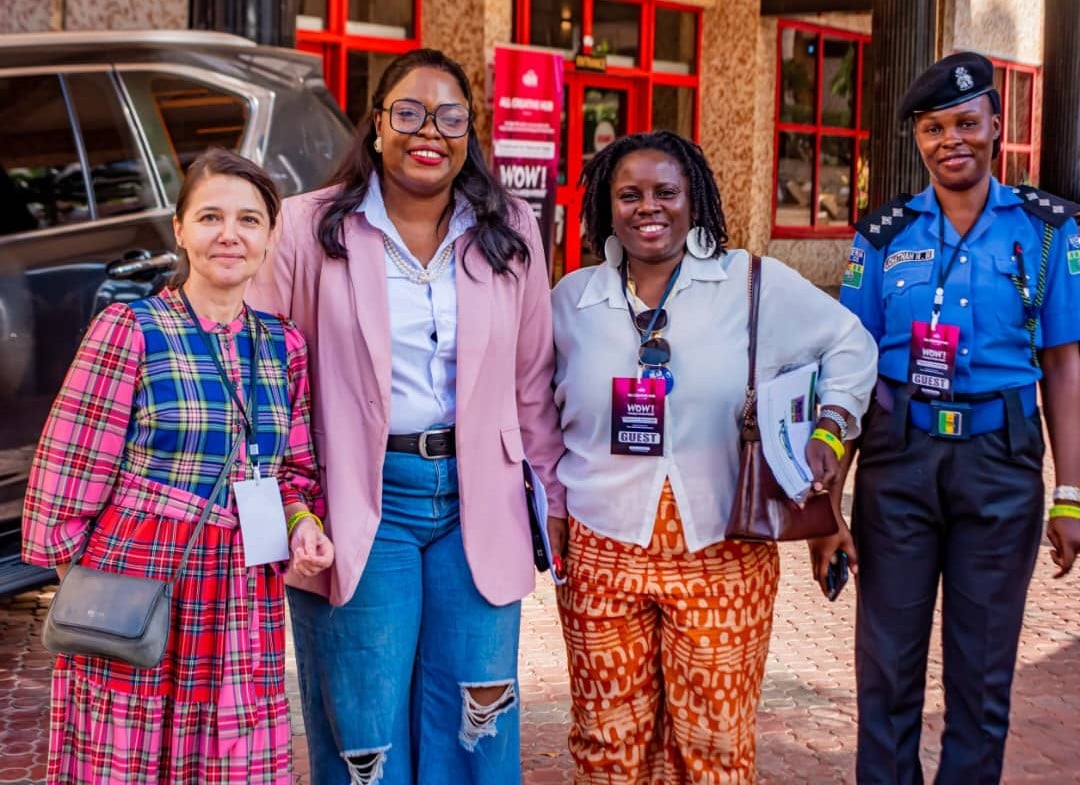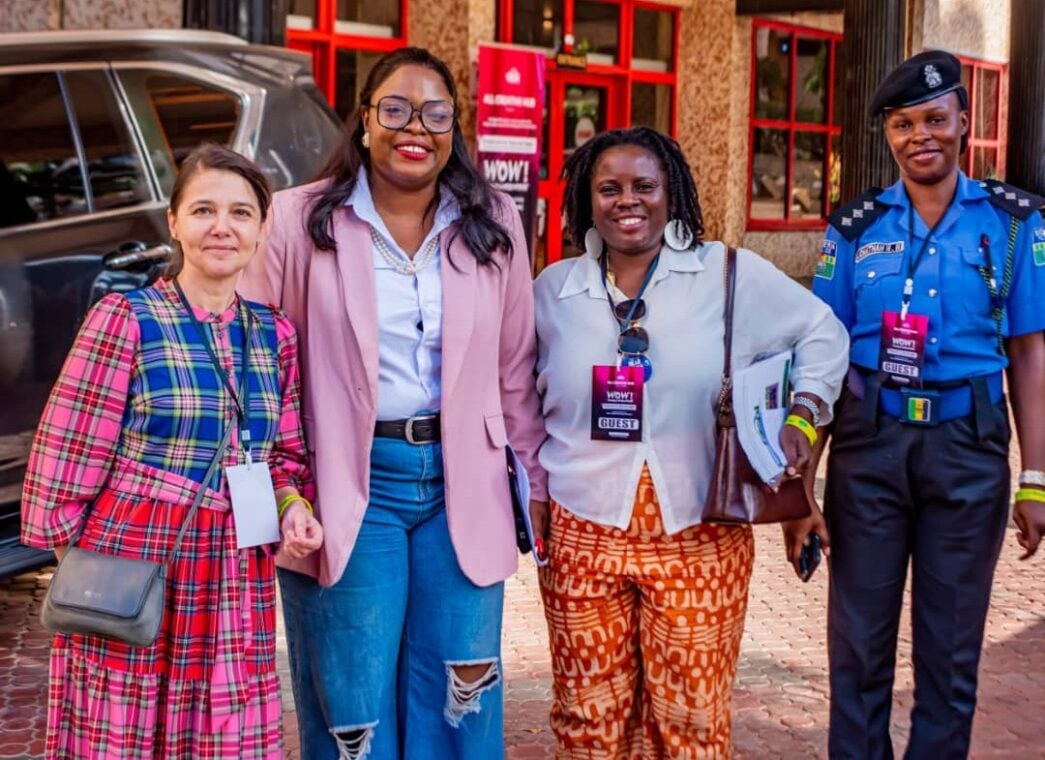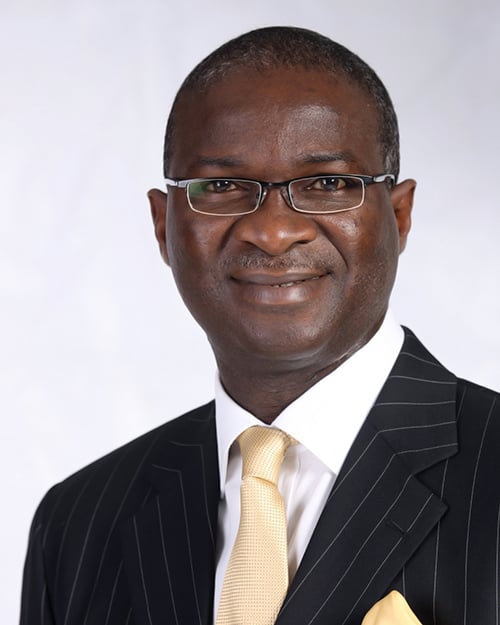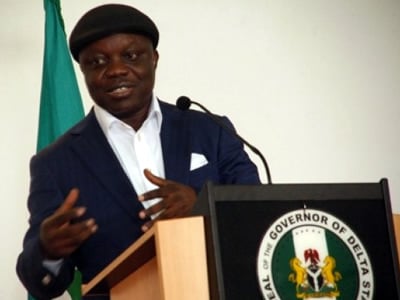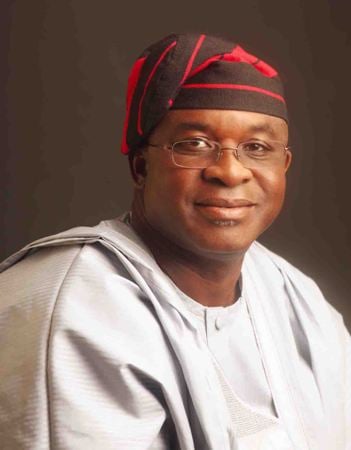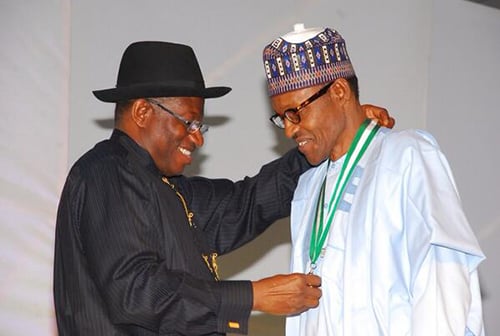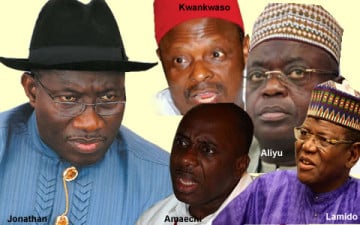Advocates for gender inclusion have renewed calls for the passage of the women’s reserved seat bills, saying the law is crucial to boosting representation in governance and strengthening the fight against gender-based violence (GBV).
They made the demand on Thursday at Women of Words (WOW) 2025 – All Creative Hub, organised in Abuja by the Gender Strategy Advancement International (GSAI) with the theme, “Unreserved for reserved seats: The role of women in policymaking towards ending GBV”.
The group called for the passage of the bill to reserve seats for women in the national assembly.
GSAI said this year’s edition comes at a critical moment as the national assembly prepares to deliberate on the Reserved Seats for Women Bill (HB1349), a proposal aimed at expanding women’s participation in governance and strengthening policy responses to GBV.
Advertisement
Adaora Sydney- Jack, executive director of GSAI, said Nigeria’s story cannot be complete when half of its population remains excluded from decision-making spaces.
Sydney- Jack said women face structural obstacles that limit their political participation, adding that competence is not the problem but access.
“Women are not lacking in competence. We are lacking in space,” she said.
Advertisement
“Reserve seats are not favours. They are corrective measures to centuries of exclusion. They position women not as beneficiaries but as leaders.
“When I ran for office, I ran with fire in my belly and service in my soul, but what I found was a terrain where women are told to dream small, speak softly and wait patiently for a seat that may never be offered.
“So, I saw structures so rigid they felt like they were carved in stone.”
She said 36 percent of married women have experienced intimate partner violence, adding that GBV thrives where women’s voices are weak and representation is thin.
Advertisement
“It thrives where policies are blind to the realities women live every day,” she said.
“And so, this is why for all of us working the journey, advocating for the special seats, the reserve seats for women’s bill is not a political proposal; it is a lifeline.
“It is a bridge. It’s a restructuring of power, a possibility that proclaims that women’s voices are not to be added as afterthoughts but positioned as architects of governance.
“Reserve seats are not favours. They are correcting measures to centuries of exclusion. They offer what every society must give its daughters: a chance not to be seen as beneficiaries, but as leaders. So, with reserve seats, we’re not asking for space.”
Advertisement
Ezenwa Nwagwu, chairman of the Peering Advocacy and Advancement Centre in Africa (PAACA) and board chair of GSAI, said cultural and structural barriers have continued to keep women out of political participation, making Nigerian politics “generally exclusionary”.
Other speakers at the event include Henry Nwanwuba, executive secretary of the National Assembly Library Fund; representatives of the deputy speaker of the house of representatives, Benjamin Kalu; the British high commission; and the chief of naval staff.
Advertisement
The event also featured storytelling, drama and cultural performances used as advocacy tools to promote gender equality and influence policymaking.
Advertisement
